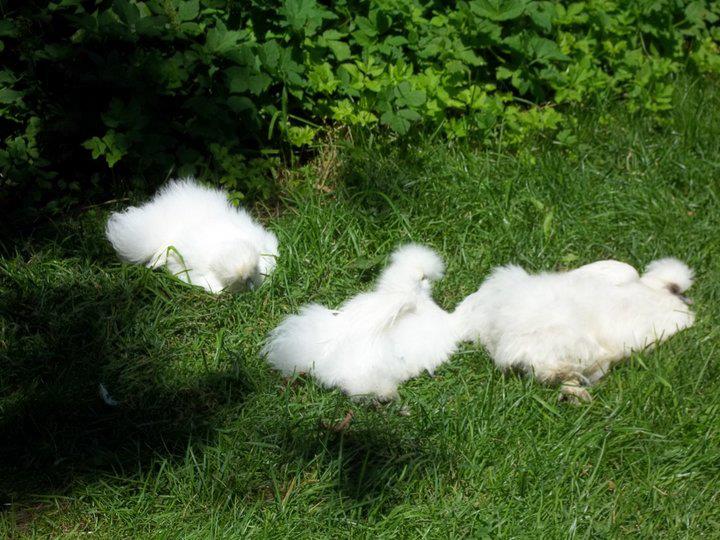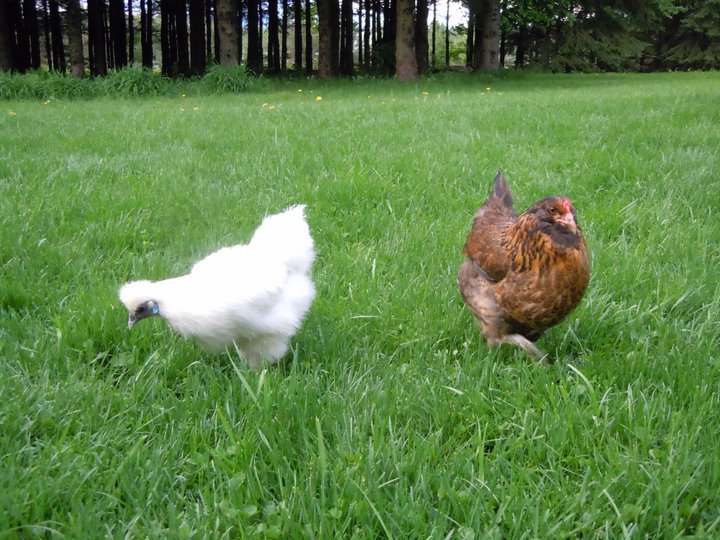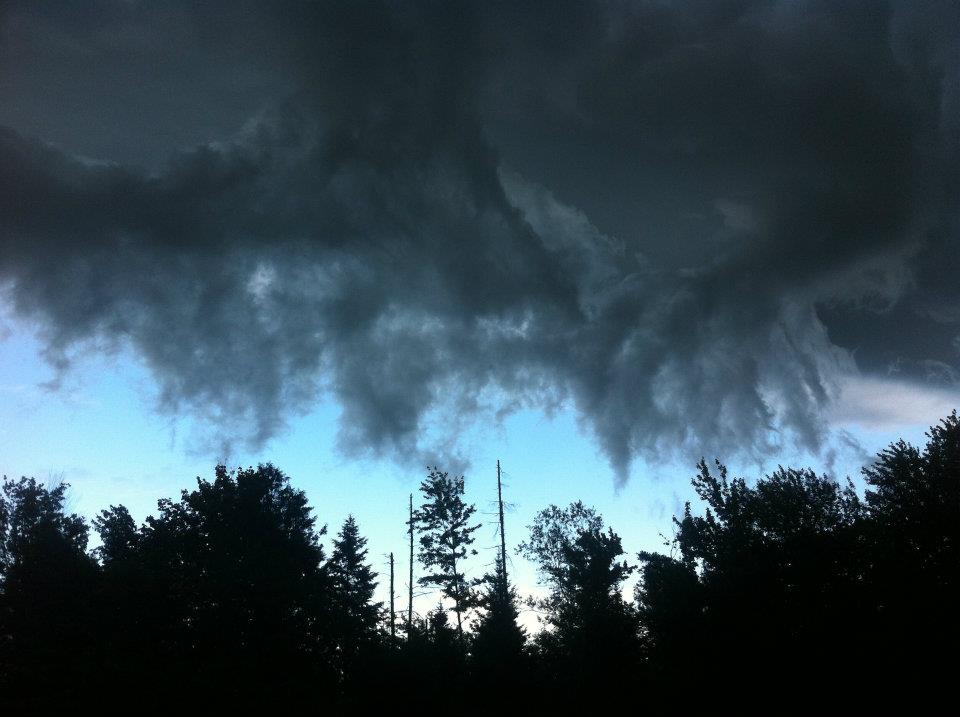by Hal Newman
The Adopt A Highway program was created to promote community pride and to help carry out or sponsor activities such as mowing, weeding, landscape beautification and litter pick-up. There’s even a company you can pay who will provide the cleaning so that you can receive the recognition and ‘display your civic pride.’
While adopting a section of the Trans-Canada Highway would certainly give me the opportunity to put Big Medicine’s name on a sign that would be seen by thousands of motorists each and every day, I’ve been thinking that maybe what we really need is an Adopt-A-Medic program.
We could donate a bit of money each month to an organization that would be tasked with ensuring our adopted medic’s family can afford more than just the basics. Basics that are hard to come by when our government continues to pay the same base salary of the old days while continually adding to the individual responsibilities of the medics and simultaneously refusing to bolster support for the system itself.
Daniel Garvin is a street medic in Montreal. We’ve known each other for a couple of decades. He’s still working on the ambulances. I’m 49 years old and I cannot even imagine hauling myself into those garages every morning to start a shift. It’s a tough job. It tears at your heart and it hammers away at your soul. It follows you home even when you try to leave it in the rig. It has to be a calling because otherwise who the hell would voluntarily take on such an insane role.
“One of the biggest hardships of being an EMT-P here in Montreal is obviously the salary. While many of my friends and neighbors ask why do we continue to work in such conditions, my answer is always the same, we are in this for the people, not the money. I feel that EMS is a calling, more than just a job.”
“Most people I know have the regular 9-5 boring obligation and rarely talk about the workplace in social circles. On the other hand, whenever we gather socially, my job always sneaks its way into the conversation. “Busy week Dan?” “Did you work that accident on the 40 the other day?” “Any news about your contract?”
“The paramedics that I work and am associated with in other systems are dedicated to rendering the best possible pre-hospital care they are capable of giving. The salary is secondary.
“Lately though, our employer has been putting more responsibility on our shoulders and not matching that with compensation. When I began in EMS some 24 years ago, we were officially trained to perform CPR and administer oxygen to patients in need. That was almost the extent of our services in the medical sense and the salary reflected that.
“Today, we administer front line medication, intubate patients to establish airways, deliver shocks to patients whose hearts have stopped beating, monitor patients’ vital signs and intervene when necessary while en route to hospital, deliver babies in diverse situations, deal with psychiatric emergencies – sometimes while putting ourselves in great peril.
“These and many other interventions are what make up our day on a regular basis and we are still being paid the base salary of the old days. When will we be recognized for what we do?
“Our families do without because of this injustice. Paramedics in Ontario are being paid properly and doing the exact same job we do here in Montreal, paramedics across Canada are being treated much better than Quebec.”
Danny would likely punch me, hard, if I told him my idea about the Adopt-A-Medic program. He’s not the kind of guy who has ever sought a hand-out in his life. He is a feet-on-the-ground family man who is the kind of paramedic I’d entrust the lives of myself and my family with. He is a hard core street medic. You need to be pretty damned hard core to continue working in an EMS system that has been Circling The Drain pretty much since the day it was established.
The more I think about the Adopt-A-Medic program the more I like the concept. We could become sponsors for Quebec’s paramedics. They could wear a patch on their uniforms with our names on it so the people they encounter each day will know that our paramedics are a source of civic pride – at least for some of us.
Of course, I realize that it’s the role of our government to adopt and embrace our paramedics and treat them with respect and appreciation. I have never understood the government’s unwillingness to recognize the importance of the people who provide our emergency medical services.
After all, no matter who you are, when the shit hits the fan and you’re critically ill or injured, your life will be in the hands of Daniel Garvin or one of his colleagues. I already know they’ll do their best in those extraordinarily difficult moments.
What I’d like to be assured of is that the government is doing its best to support them and their families with a real-world living wage, with a generous pension plan, and with resilient support systems that will stand the test of time and changes of administrations.
Be well. Practice big medicine.



